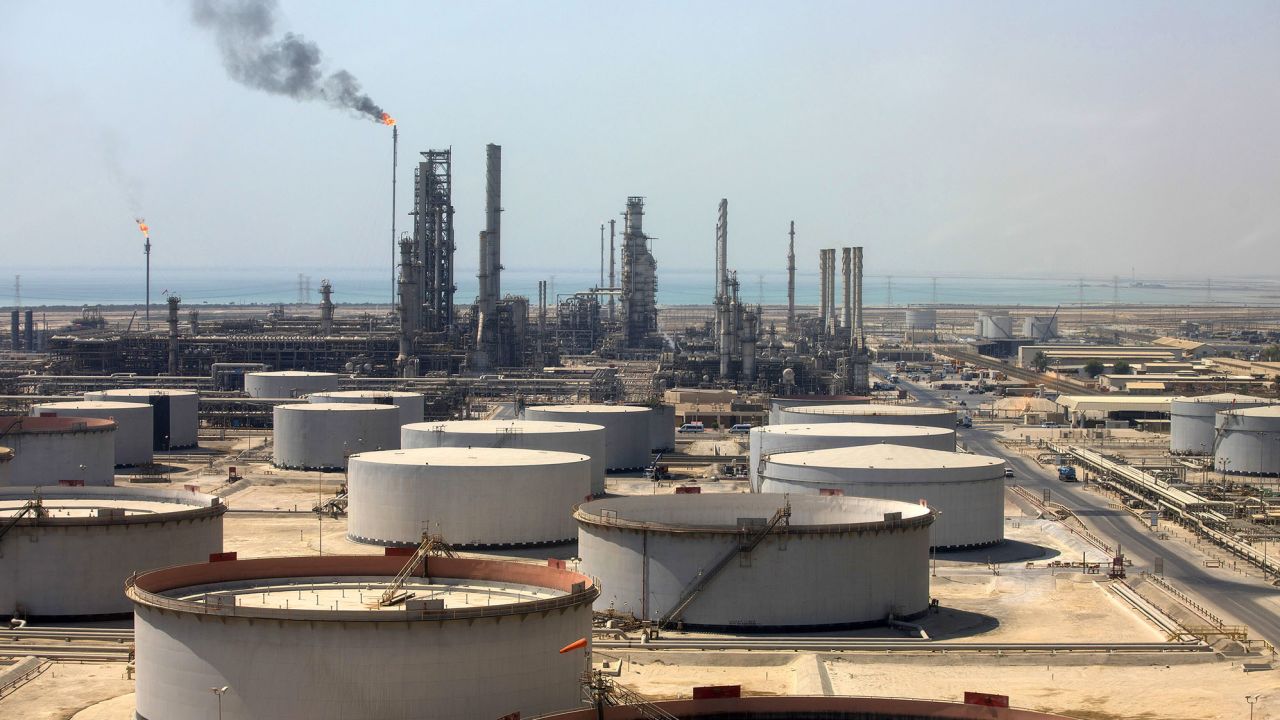In a move that could deepen the chasm of economic inequality, an eight-nation subset of the oil-producing OPEC+ alliance has agreed to increase crude production by a staggering 548,000 barrels per day starting in August. This decision, made by heavyweight producers including Russia and Saudi Arabia, signals a troubling trend in the global energy landscape, where the needs of the richest nations continue to overshadow the struggles of the most vulnerable communities.
Massive Output Increase Amid Economic Strain
As reported by NBC New York, the OPEC Secretariat claims that this production hike is a response to a "steady global economic outlook" and low oil inventories. However, this optimistic narrative glosses over the reality faced by many citizens globally who are grappling with rising living costs, stagnant wages, and a growing energy crisis.
Unraveling Production Cuts and Their Implications
The OPEC+ group has been unwinding a set of voluntary production cuts that totaled 2.2 million barrels per day, which were initially designed to stabilize oil prices. This decision raises several critical questions: who benefits from this surge in production, and at what cost? The wealth accumulated by oil-producing nations often fails to trickle down, leaving marginalized communities to bear the brunt of environmental degradation and economic instability.
Environmental Concerns Ignored
In the wake of climate change discussions, the increased production of fossil fuels stands in stark opposition to the urgent need for sustainable practices. The oil industry continues to prioritize profit over planet, undermining progress made in environmental justice. As reported by Middle East Institute, OPEC is committed to preventing oil prices from falling below an unannounced floor of $90 per barrel. This manipulation of the market directly impacts the affordability of energy for all, particularly for low-income families.

Saudi Arabia needs more than higher oil prices to fund its grand plans ...
Impact on Working Families
The increase in oil production comes at a time when many working families are already struggling. With oil prices hovering around $68.30 per barrel for Brent and $66.50 for WTI, every cent increase in fuel prices affects transportation costs, food prices, and overall economic stability. As the wealthy nations of OPEC+ rake in profits, workers in less affluent countries face job losses and reduced purchasing power, exacerbating global wealth inequality.
Workers Rights and Economic Justice at Stake
This latest decision from OPEC+ highlights the urgent need for a re-evaluation of global economic policies that prioritize corporate gains over the rights of workers. The oil industry has historically been plagued by labor rights violations, and an increase in production without corresponding labor protections is likely to exacerbate existing inequalities. Workers" rights advocates must demand that any benefits from increased production trickle down to the workers who fuel the industry.
The Role of Government Policy
Governments around the world must act to mitigate the adverse effects of these production increases. Progressive taxation and wealth redistribution policies are essential to ensure that the benefits of oil production do not simply line the pockets of the elite. As reported by Middle East Institute, the geopolitical implications of these decisions stretch far beyond oil markets; they influence global economic stability and social justice.

Libyan News Agency - The Minister of Oil and Gas discusses ...







![[Video] Gunfire between Iraqi security forces and Sadr militias in Baghdad](/_next/image?url=%2Fapi%2Fimage%2Fthumbnails%2Fthumbnail-1768343508874-4redb-thumbnail.jpg&w=3840&q=75)
